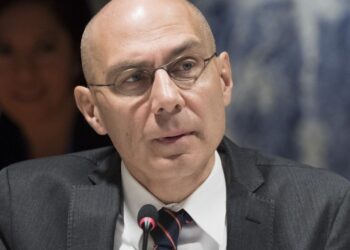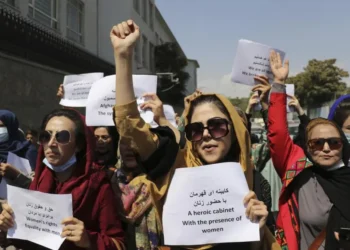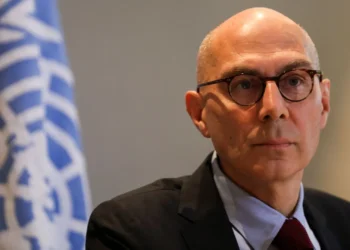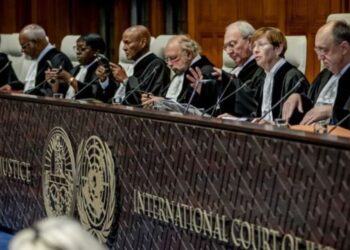Human Lives Human Rights: Legal scholars and researchers can gain a deeper insight into the Darfur conflict by considering interdisciplinary studies. Economists, psychologists, computer analysts, and others have investigated the consequences of the conflict.
Recent Events
Effective Oct. 12, 2017, the United States revoked its economic sanctions on Sudan, based on the Government of Sudan’s positive efforts to maintain a cease fire, improve access to humanitarian aid, and maintain cooperation with the United States in addressing regional conflicts and the threat of terrorism. The United States reserved its right to use additional tools to pressure Sudan if it regressed such cases.
The United Nations has acknowledged improvement in almost all areas of Darfur, except Jebel Marra (as of 2016), while continuing the Panel of Experts’ mandate to monitor sanctions in Darfur through March 12, 2018, per Security Council resolution 2340 (2017). The Security Council encouraged Sudan to investigate and prosecute crimes against civilians and peacekeeping force. The Security Council also is concerned about armed Darfuri groups going into neighboring countries, such as Libya (and Chad) and trafficking arms and possibly committing other crimes.
Human Rights Watch collects a large number of documents on Sudan. Amnesty International notes that 300,000 people have been killed in Darfur since the fighting started, and that 171 villages were destroyed or damaged in Jebel Marra in 2016. It also documented the likely use of chemical weapons. Doctors Without Borders provides reports on the health and humanitarian aid situation in the region, such as thousands in South Sudan being at risk due to malnutrition and cholera as of June, 2017.
The crisis in Darfur is an ongoing tragedy. The response of the international community to this crisis has been closely monitored by governments, international organizations, and scholars worldwide, with mixed results. While the geographic scope of the remaining crisis in Darfur may be focused on one area, Jebel Marra, there were still allegations of serious crimes against civilians and peacekeepers as of 2016, including sexual violence and the possible use of chemical weapons. The United Nations currently is monitoring possible criminal activity, such as arms trafficking, by Darfur fighter who have gone into neighboring countries. Due to the Government of Sudan’s unilateral cease fire, suspension of aerial bombings of civilian areas, and increased access for humanitarian aid providers, the United States has removed its economic sanctions against Sudan, while still noting areas for improvement and warning again any possible backsliding. Such diplomacy may encourage further improvements in the situation; there also may be some realpolitik at play. The United Nations adopted Security Council resolution 2340 (2017) on Feb. 8, 2017, which acknowledged the aforementioned improvements in the situation, while also noting ongoing concerns, such as access to Darfur by the Expert panel members; violence against civilians, especially internally displaced persons; and the recruitment of child soldiers. While beyond the scope of this guide aside from brief mentions in the sections on internally displaced persons and crimes against civilians, The Enough project notes rival ethnic factions, famine, and the inability to exploit its oil resources as major factors contributing to a civil war which arose in South Sudan, within a couple years of its declaration of independence from Sudan on July 9, 2011. Both the United States and the United Nations have imposed sanctions on South Sudan for the atrocities committed during the ongoing armed conflict, which obviously has compounded the humanitarian crisis in both Sudan and South Sudan.


















